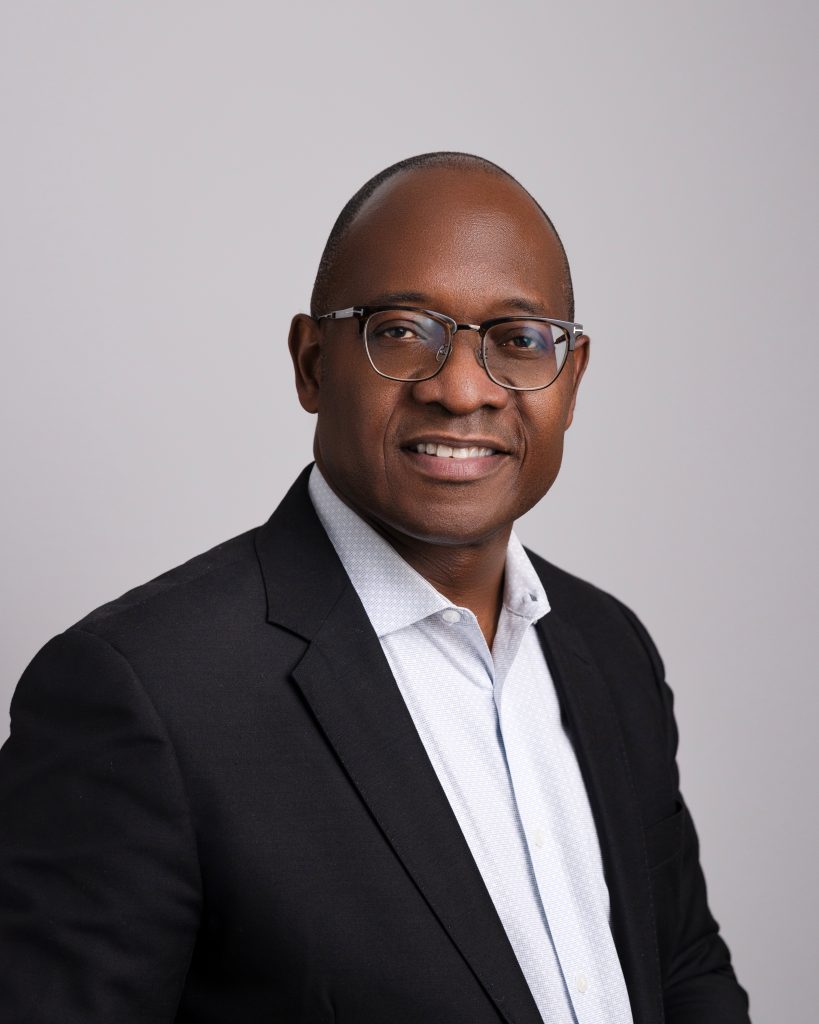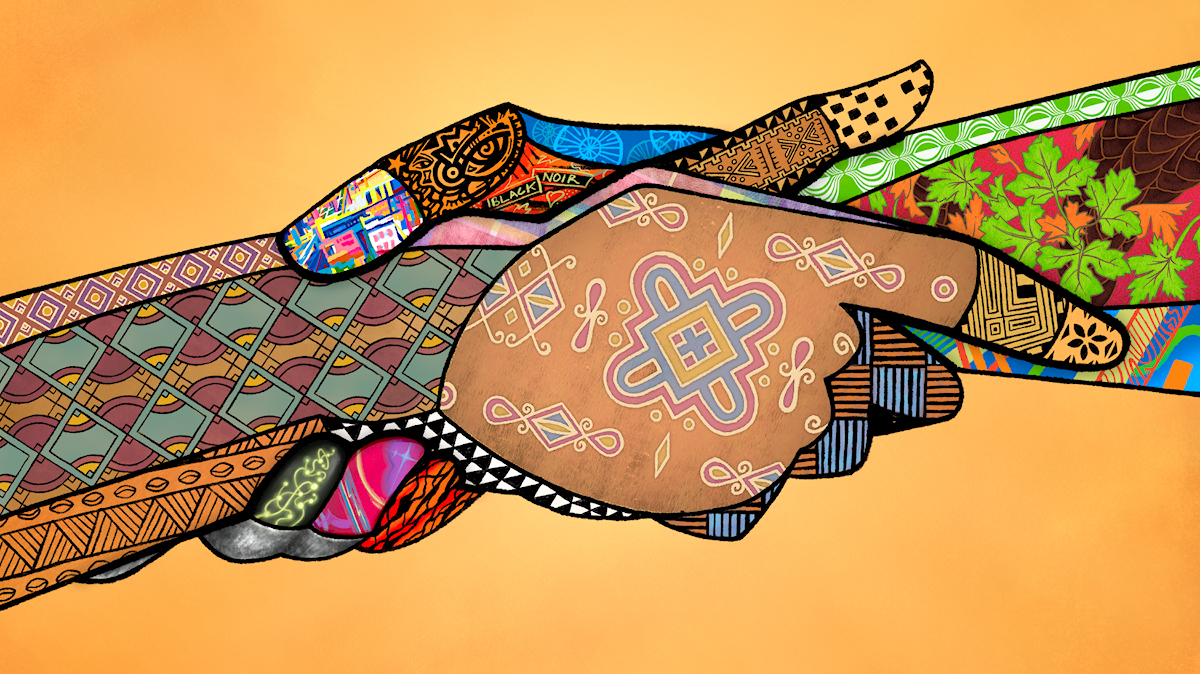
To wrap up Black History Month 2025, we sat down with Dr. Olawale Ayeni, one of our family physicians here at the Hamilton Family Health Team.
Dr. Ayeni has been a family doctor for 33 years, in Nigeria, the United States, and Canada, moving to Hamilton in 2011. He provides primary care to patients at Red Hill Medical Group in the east end – but that’s just one of his many roles.
“I enjoy doing a variety of things,” he says with a chuckle, “both for mental stimulation and to provide care to the community.”
He’s worked within Long Term Care for over 20 years and in medically complex care at St. Peter’s Hospital, a part of Hamilton Health Sciences. “And as if that’s not enough,” he says, “I recently became a coroner for the Hamilton Region.”
There’s a continuity of care in all these roles, supporting patients and families through every stage of life. “Being a family physician is a true privilege. Taking care of people from birth to death. I wouldn’t give it up for anything in the world.”
A piece of advice
Dr. Ayeni was no stranger to the healthcare field from an early age. His mother is a retired nurse who worked in maternity and obstetrics, and along with a healthy dose of motherly pride when he became a physician, she gave him some advice he’s never forgotten.
“Early in my clinical rotations, when I was training to be a physician, she taught me to always respect nurses. Always be friendly, because nurses will watch out for you.”
Verbal communication and collaboration is important within the whole health team, he explains. This leads to better outcomes for the physician, and ultimately better outcomes for the patient.
The joys, and challenges, of being a Black physician
“I’ve worked only in the east side of Hamilton,” explains Dr. Ayeni. “It’s a neighbourhood with lovely people, including immigrants from many parts of the world, and most are Caucasian. Most people are very respectful. They just want to get better, they don’t care about the colour of your skin.”
Occasionally, though, there are differences of opinion where an appointment doesn’t go the way a patient wants. “I’ve been called names to my face, and the patient basically says they’ll go somewhere else. They get furious,” he recalls.
“You can’t help but feel in a split second that, if Dr. Jack Smith – of course I’m making up a name here – was the one who said I don’t think you need antibiotics, that the patient would be happier with the approach.”
It’s especially challenging when your reputation is, in part, dependent on the word of your patients. “I’m not someone who generally thinks that all things as a Black doctor are racism,” he explains – but sometimes he gets a sinking feeling in his stomach. “It’s this feeling of this person doesn’t like me, and it’s not that I’m doing anything wrong.”
At the end of the day, Dr. Ayeni doesn’t let these situations cloud his joy in being a family physician. “On a daily basis, I’m very fulfilled,” he says.
Improving health equity across Hamilton
Dr. Ayeni is quick to point out the good work already being done, at the Hamilton Family Health Team and with partners across the Greater Hamilton Health Network Primary Care Network, to improve health equity across our region. But it’s a multi-faceted issue with lots of moving pieces.
“What I hope will continue to be built is the statistics of areas of disparities, and better funding in those areas.”
The east side of Hamilton, he explains, has historically had less resources compared to other areas of the city, as evidenced in the Hamilton Spectator’s Code Red series, which holds true 10 years later. Dr. Ayeni sees a huge need in his practice’s neighbourhood, with many newcomers settling in Hamilton and a growing population of patients with complex needs who would benefit from support navigating the healthcare system.
It’s a domino effect, he says. If hospitals and Long Term Care facilities are overcrowded, this impacts how people move through the system, which impacts primary care – and if patients don’t have access to primary care, they’re more likely to end up in hospital. The patients who are disproportionately affected are those who lack the resources and connections to find support elsewhere.
“We can’t stop what we’ve started,” he says. “I think a lot of good work has been done in Hamilton, and we have to continue to build on that.”
A final word
His piece of advice for other healthcare providers? Take care of yourself so you can take care of others. “Don’t give up,” he says. “Sometimes it seems the system is working against us. We get frustrated. But keep coming to work with positivity on your mind. Taking care of ourselves outside of the office helps us to be better providers.”
